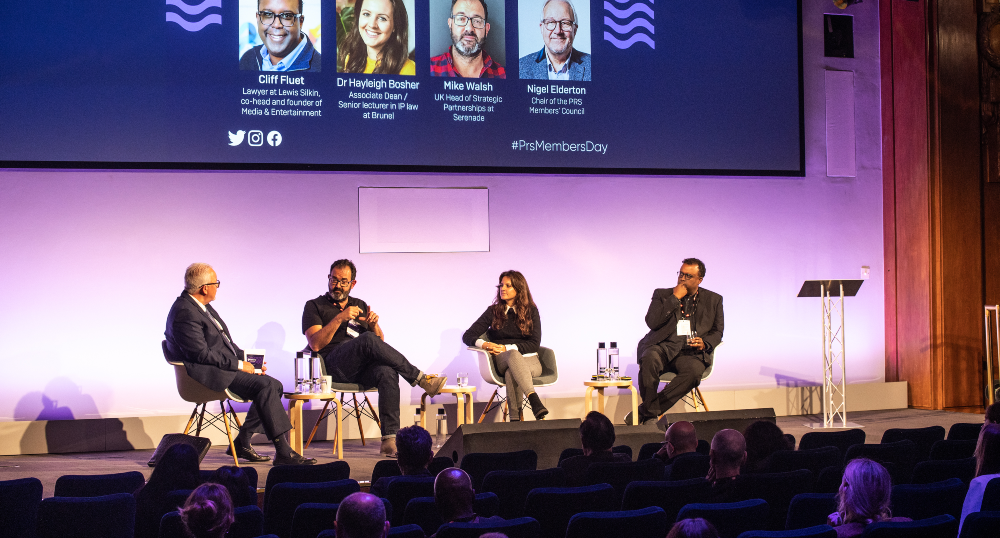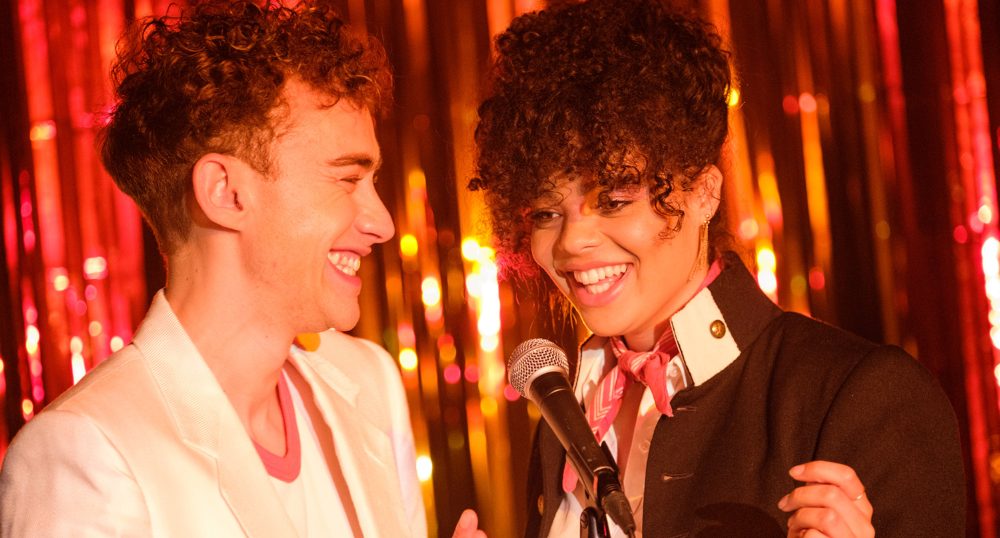In recent months, internet piracy has reduced, thanks to the UK courts’ pioneering action in granting site blocking orders, and our government’s pursuit of a ‘follow the money’ strategy that deprives infringing sites of income.
But does this mean the battle is won? Far from it. Who needs pirate music when it can be accessed for free from sites that claim they can operate without a licence, or others that hide behind current legislation to set their own rules as to what token payment they will, or will not, make?
Digital choice
We all know that the big item on the agenda today is the shift from downloads to streaming. So what’s really going on?
Last year, downloads and streaming overtook physical media in the same year as our royalties from streaming sites overtook those from downloads. Alongside this, we have faced a gradual decline in the value of sound recordings for a decade. So what is it that has triggered such concern among our members over the past year?
In the past, an album might have had a number of hits on it but, of course, the writers of all the tracks on the album were paid the same whether or not their songs on the album were hits.
Though album sales remained popular on the iTunes Store, there was a shift towards single downloads and as this happened, only the hits, or popular songs, from an album were bought, so writers who had made the album, but whose songs weren’t individually downloaded, got nothing.
This trend has been exacerbated in the era of streaming services: not only do you have to have your song chosen, but you have to achieve at least 50 streams before it earns an amount of money equivalent to a sale and, depending on the streaming outlet, it could be many more.
Nowadays you have not only to write a popular song, but it has to remain popular if you are to earn good money from it – and it has to compete every day with streams from the back catalogue.
The fact of the matter is that while, in the long run, subscription streaming could be a viable substitute for CD sales – and even now they are paying substantial amounts of money to rightsholders overall – it is, during the transition period from downloads to streaming and while these services still serve a relatively niche audience, hard for new songwriters to make a living from them.
This is our battle. You must be protected by strong copyright law and our government must support us with the European Commission in our demands...
Ad-funded aggravation
If there are challenges for songwriters in a world of subscription streaming though, there is a real problem with ad-funded streaming services. By comparison with subscription services, they do not produce values even remotely equivalent to a download sale and we’re talking about hundreds of streams being the equivalent of a download for the songwriter rather than 50 or so. This clearly does not work on its own.
There is also a dilemma for the digital services. Spotify, for example, has presented evidence that its valuable subscription layer is fed by the ad-supported layer. Yet Taylor Swift famously removed her catalogue from the service when Spotify refused to include it in the paid subscription layer only.
Although she is still absent from Spotify, Taylor Swift’s music is available on YouTube. And for those consumers who have little awareness of copyright, YouTube will helpfully point them to apps that will enable them to download streams from the service and strip ads from them, effectively offering a music experience equivalent to Spotify Premium – for free.
Meanwhile, Spotify can’t feed its subscription layer without bringing consumers into the ad-funded layer, and it can’t get them into the ad-funded layer unless they have all the content that is available on UGC platforms.
If they don’t carry Taylor Swift – one of the biggest artists in the world right now - they’re not only at a pricing disadvantage, but also at a content disadvantage. This is unfair competition.
While there are challenges in songwriters adapting to the flow of money from subscription streaming services such as Spotify Premium, they are not, in the end, the problem.
This is an important opportunity for change and one that we must grasp.
Unsafe harbour
The problem is that UGC platforms are claiming protection from copyright under so-called ‘safe harbour’ legislation that was intended to protect the companies that invest in the fundamental infrastructure of the internet.
This legislation was not devised to protect those that host, curate and distribute copyright material while claiming to have no knowledge of it on the grounds that their users, and not they themselves, have the knowledge and are responsible for clearing copyright.
Selectively, of course, some of them do admit knowledge if rightsholders submit a claim for their works and if they monetise the associated sound recordings, but the net result is payments that represent a mere fraction of the true value these platforms derive from music. We do not accept that this is right.
The way in which safe harbour legislation has been interpreted has been to deprive creators of the ability to consent to the use of their creative works and resulted in a transfer of value from the creative industries to the technology platforms to the detriment of the economy as a whole.
This is our battle. You must be protected by strong copyright law and our government must support us with the European Commission in our demand that the boundaries of safe harbour be redrawn to ensure that any service that aggregates, disseminates or curates copyright works is fully licensed in a free market.
In the last few weeks there have been some very encouraging signs. The Commission has, thanks in no small part to the work, influence and economic arguments made by PRS for Music, IFPI and GESAC, set out a commitment to clarify the rules on the activities of online intermediaries in relation to copyright by the end of this year. This is an important opportunity for change and one that we must grasp.
This is an abridged version of Robert Ashcroft's address to the Performing Right Society's Annual General Meeting 2015, which took place on 19 May.





